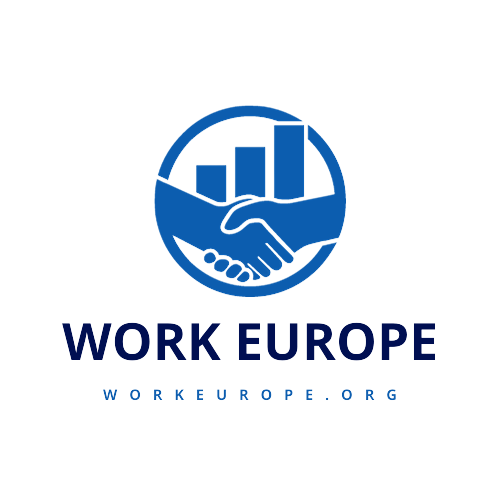How can I integrate into the local community and make friends while working in Europe?
Integrating into the local community and making friends while working in Europe can be a rewarding experience that enhances both your personal life and your time abroad. Here are some tips to help you get started: Language Learning: Learning the local language is one of the most effective ways to connect with locals. Enroll in language classes or use language
Continue reading

